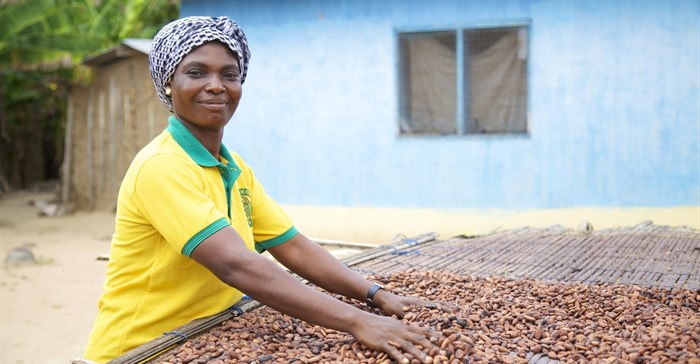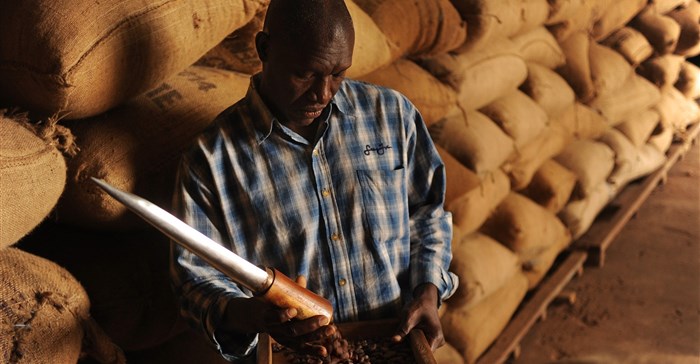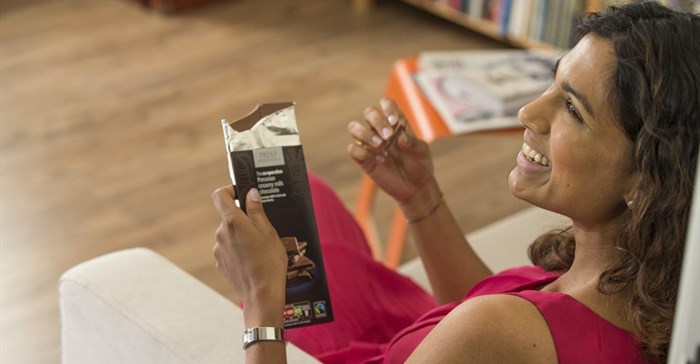All is fair in coffee, chocolate and wine

South Africans would like to do their bit in preserving the environment
Tetrapak's 2015 global survey of around 6,000 consumers in 12 different countries (including South Africa), showed that more than three-quarters were influenced by environmentally sound packaging when it came to their beverage purchases. Their 2013 survey indicated that 73% of South Africans believed that sustainability labels are trustworthy and that sustainable products are of better quality. Their 2015 update shows that South Africans are now putting their money where their values are and are now actively buying these ethically certified products.
Latest retail data supports this. SA was the first emerging market to both produce and promote Fairtrade products and, since the launch in 2010, (and as more products were made available) Fairtrade sales have increased substantially year on year. Local consumers are also becoming increasingly aware of what ethical means. A Fairtrade study conducted specifically in South Africa in 2015 showed that 9 percent of South African urban consumers are aware of Fairtrade (up 5 percent from 2011) and primarily associate it with quality products and with bette working conditions on farms. Expense did feature as a perception but did not appear to be seen as a deterrent. In fact, Fairtrade certified products were perceived to be of a higher quality, but selling at a competitive price compared to products not ethically certified.
A study by Nielsen further showed that 8 of 10 of those surveyed believe that companies should do more towards supporting local communities, small-scale farmers, and ensure decent working conditions for labour. It is, therefore, clear that many South Africans would like to do their bit in preserving the environment or are aware of a need to help the economically disadvantaged. While 9 of 10 respondents said that they need to play a role in advocating for a better environment and decent working conditions, only 23 percent of respondents expressed awareness of sustainability products which shows a much greater need for education and placement of ethical products. The demand is there and now the products need to be made available.

This desire is mirrored by Nielsen's global Doing Well by Doing Good 2014 study in over 60 countries, which showed that 55 percent of consumers (based on a sample of 30,000) are willing to pay extra for products from companies committed to sustainability goals.
In South Africa, Fairtrade has so far certified product categories like chocolate, coffee, tea, wine and spirits. In 2014, South Africans spent R294 million on Fairtrade products and consumed 554,000 bottles of Fairtrade Wine, 25 million cups of Fairtrade Coffee and 2 million bars of Fairtrade Chocolate. In fact, since the launch of the first Fairtrade products in 2010, the South African Fairtrade market has increased fivefold, and whilst the local spend on Fairtrade products is not nearly as large as the global figure, there was more growth year on year in SA than compared to the rest of the world (it's worth noting that with the obvious demand for ethical products in SA, Fairtrade is in the process of adding to their list of local products).
Coffee and wine
Currently, coffee and wine are two of the biggest Fairtrade products locally with 176 tons of Fairtrade Coffee sold in 2014. In the same year, retailers reported a significant growth in Fairtrade Coffee sales - Woolworths and Pick n Pay in particular saw a 153% and 182% increase respectively. Over 80 percent of the Fairtrade coffee sold is both organic and sourced from African countries.

The region features prominently in the wine category too. In fact, of the 22.2 million litres of Fairtrade wine sold globally, over two-thirds is produced in South Africa - making SA the largest producer of Fairtrade wine globally. There are 26 Fairtrade certified grape growers in SA that extend over 69 farms and employ 2,250 farm workers. Counting their families, it is estimated that the sale of South African Fairtrade wine is a key contributor in the improvement of living and working conditions for nearly 11,500 people. There has been an 18% overall growth of Fairtrade wine sales in South Africa, with Fairtrade wine now available in most urban retail stores, as well as online shops.
Ethical consumerism and millennials
Ethical consumerism is big business these days (the global spend on Fairtrade products in 2014 was nearly 6 billion euros), but it's big business that doesn't exploit either the producers or the consumers. And it seems to be the millennials (21-34-year-olds) who are the most responsive to these products. Again, Nielsen's Doing Well by Doing Good study showed that 51% of this group would pay extra for sustainable products and again, 51% of them make sure they check the packaging to ensure the product has a positive social/environmental impact before they buy it.

What constitutes an ethically produced product?
Fairtrade specifically focuses on decent working conditions and fair terms of trade for farmers and workers. It supports the sustainable development of farming communities with the goal of giving them more control over their futures and the environment in which they live and work, via the Fairtrade Development Premium. The Premium is an amount of money given directly to the small-scale farmers or farm workers to use in the growth and development of their businesses and communities. For consumers, it's an opportunity to make meaningful purchase choices that directly and positively impact the people who grow the produce that their coffee, wine and chocolate is made from.
Fairtrade physically audits certified farms on an annual basis to ensure Fairtrade social and environmental standards are met. These standards are based on global benchmarks such as the International Labour Organisation (ILO) and internationally agreed guidelines on sustainable agriculture. Social standards aim to improve living and working conditions on farms, fight child labour and implement progressive gender policies; whereas environmental standards strive to minimise the impact of agriculture on the environment through controlled use of agrochemicals, maintenance of soil fertility, proper management of water, waste and energy, and lastly prohibition of genetically modified organisms (GMOs).
Ethical consumerism has the potential to make a marked and sustainable impact on poverty alleviation and environmental management - not just in South Africa, but globally. Having initiatives that specifically focus on the development of ethical products and an ethical marketplace means that South African consumers are now able to invest in a more equal and sustainable South Africa just by utilising their purchasing power. And the figures show that they are doing exactly that.